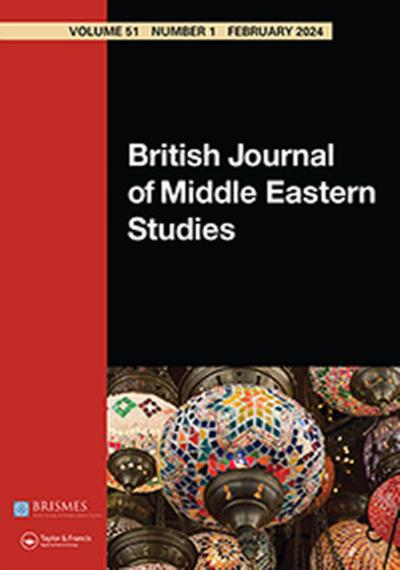Achieving Durable Peace in Afghanistan
Collaborative project between the United States Institute of Peace (USIP), the Peace Research Institute Oslo (PRIO) and CMI.
After nine years of uneven development, rising insecurity and violence, and a continuously expanding international troop presence, momentum among key actors has shifted towards seeking a negotiated solution to the intervention and conflict in Afghanistan. During 2010 a renewed emphasis on convincing middle and lower-level fighters to abandon the insurgency has been accompanied by increased discussion of a negotiated settlement between the Afghan government and the insurgency. While they have remained more circumspect over the timing of negotiations, the United States and its NATO allies also broadly acknowledge the necessity of a political process to end the war. The positions of insurgent leaders and their supporters remain less clear, but there are widespread reports of exploratory contacts and internal discussion, and more explicit evidence that Pakistan recognizes the need for and seeks to play a role in such a process.
The prospect of a negotiated settlement is enticing, but the path to sustainable peace in Afghanistan remains unclear. There are questions about the interests (as differentiated from stated positions) of key actors and networks inside and outside Afghanistan, and their willingness and capability to reach and uphold agreements. Furthermore, options for the content of an agreement or series of agreements, and the process for reaching and implementing them, remain vaguely defined. Finally, were a negotiated settlement achieved, the requirements for it to contribute to a sustainable political and social settlement are insufficiently known.
This joint PRIO-USIP-CMI research and dialogue project aims to address these areas of uncertainty by generating knowledge and options for a potential peace process in Afghanistan.





